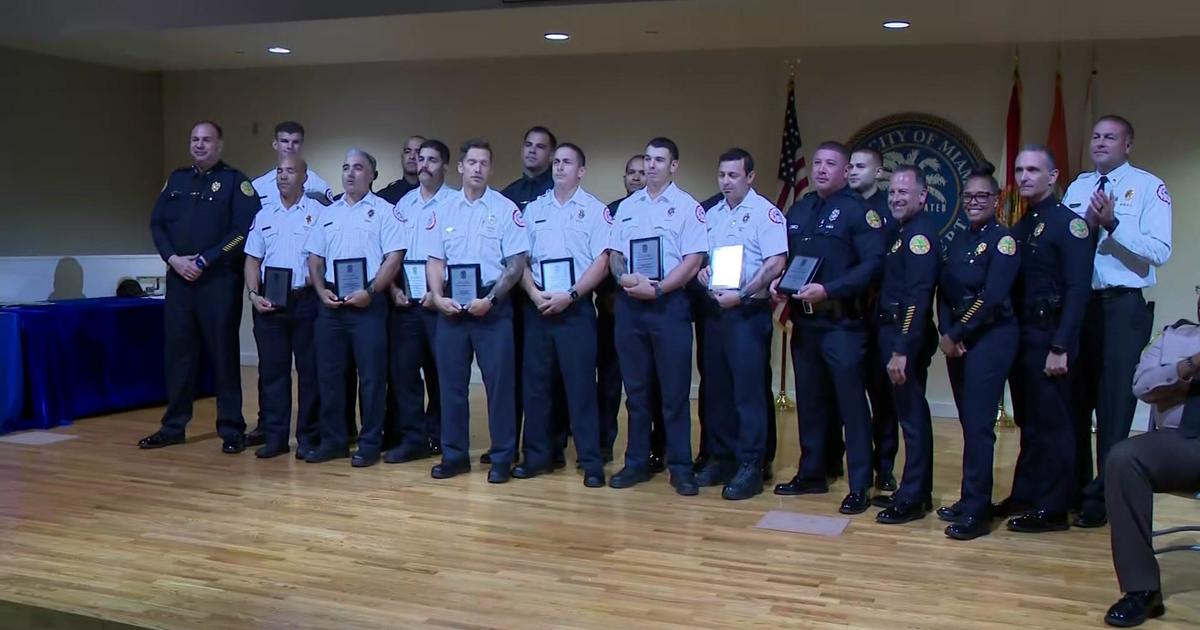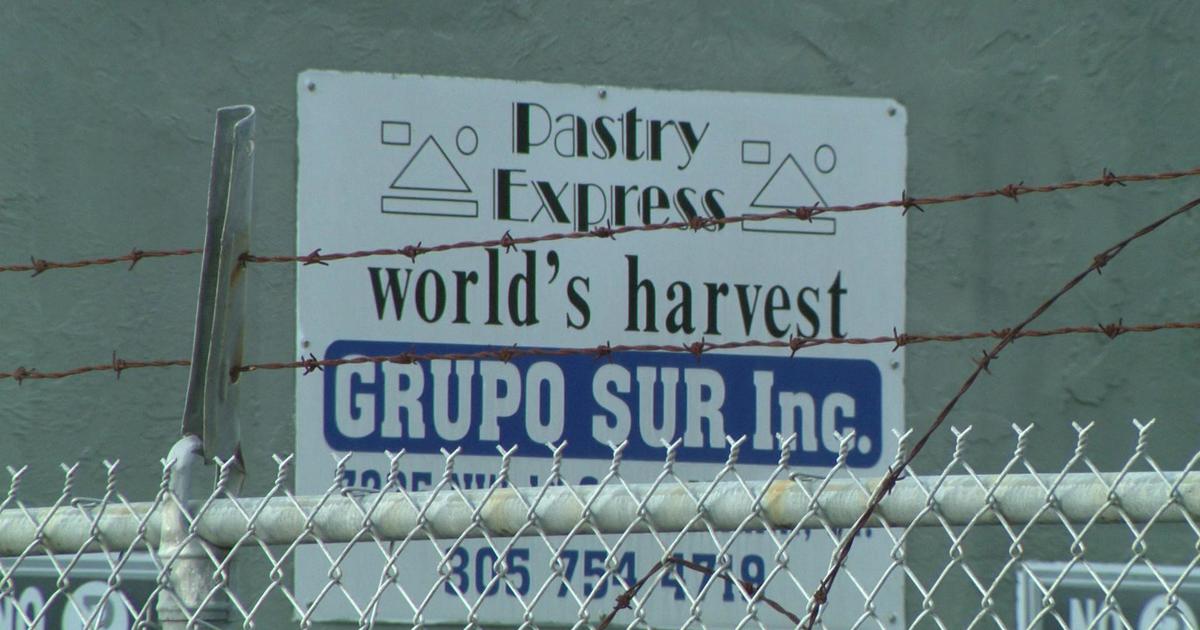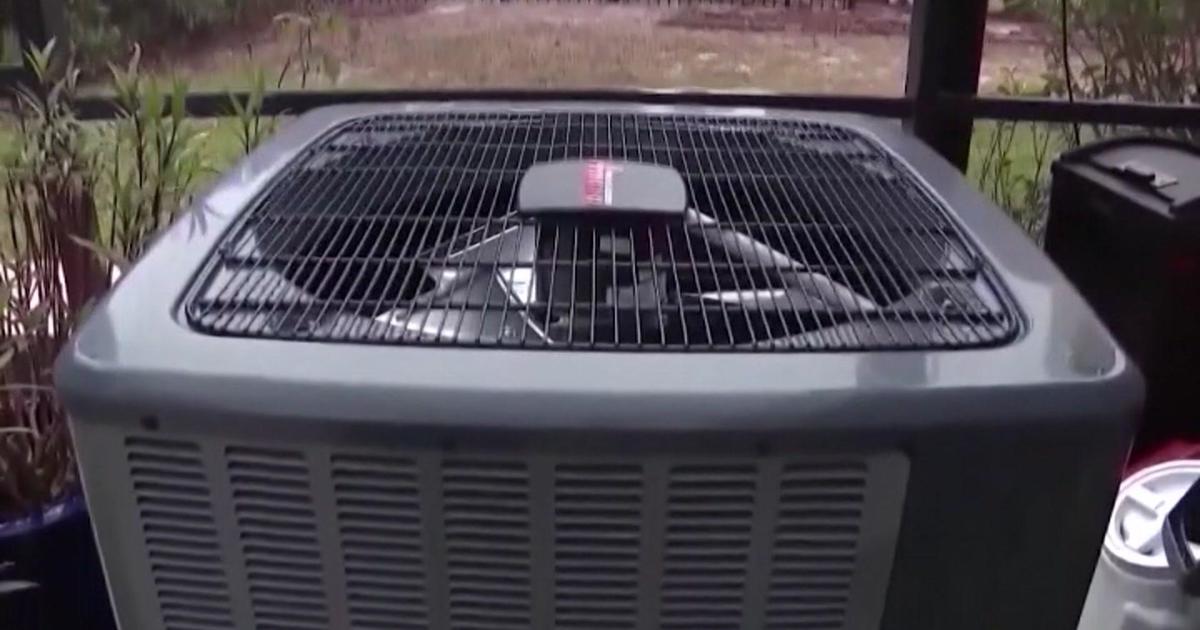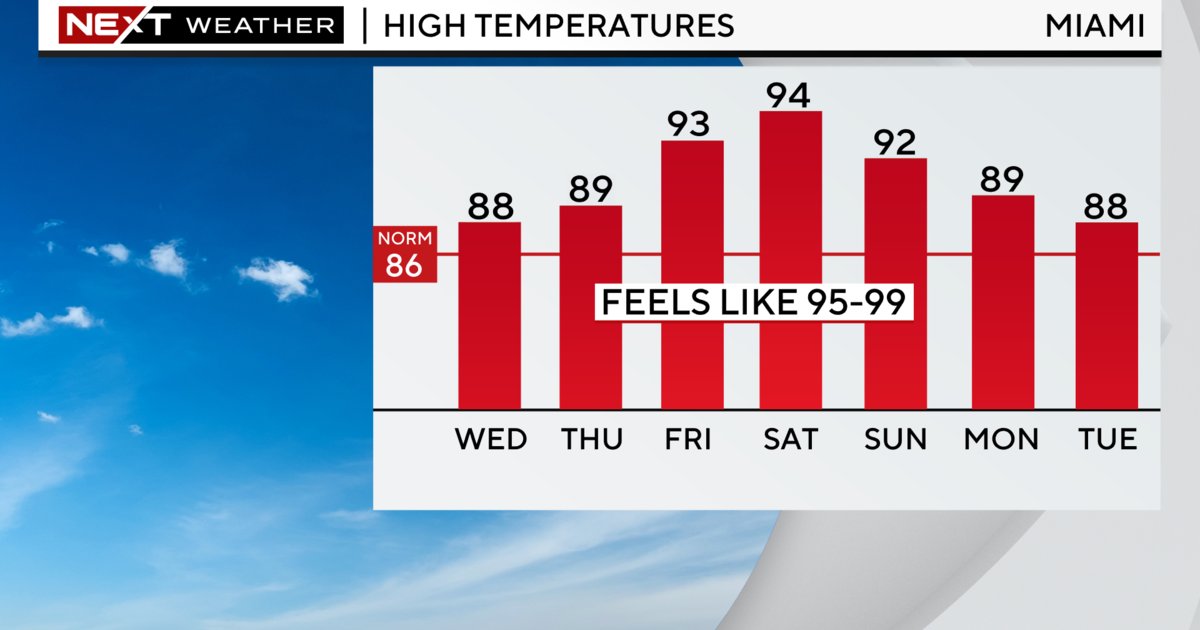Getting His Wings To Reach To The Sky
He found his dream job of flying airplanes when he was only a small kid. Now, with the help of the Bright Futures Scholarship, Kaivon Moran, a young Floridian, will get a chance to rise and soar.
For most students, finding the right career path usually takes time. Discerning what you want to do for a living from all other choices can be a struggle, and it is a decision that needs a lot of thought and careful examination regarding your own abilities and dreams. Not for Kaivon Moran whose dreams and goals were set ever since he stepped into an airplane for the first time as a small child.
"When I was maybe four or five, I was on my first airplane ride with my family, and I got to meet the captain of the plane, and he gave me a tour of the cockpit," says the Bradenton, Florida native. "I got to look around, see all the buttons. He took off his pin of the wings, and he actually gave it to me. He put it on my shirt and let me wear his hat, and that stuck in my memory until this day. I always just thought, 'planes are cool, so I want to go and fly one'."
For most of us, childhood dreams of ideal jobs, sadly, often fade with age. Few grow up to pursue the careers that capture our imagination as kids. So, for Kaivon to be so sure of his career goals from such an early age was a great first step.
"Two years ago, when I was a sophomore in high school, my grandfather told me that if I was really serious about becoming a pilot and making it my career, then he would help me to see it through. So, he started paying for my private pilot's license that I'm working on right now. He said he would get me to a position where I could earn it, and by having it before I get to Embry-Riddle, I would really be skipping a grade because the first step is to get your private pilot's license and then you move onto the next license."
But, even as he took his first leap towards a private pilot license, the road to a pilot career was still high in the clouds.
"You definitely need a college education to get your commercial license, because although it is possible to get it without one, those who have the college education, versus those who don't, have more chances of getting hired by the bigger airlines or just airlines in general."
Embry-Riddle Aeronautical University is one of the finest institutions in the country, but the price tag is high. So, when it came to enrolling in college, it turned out Kaivon just needed a little push to get him over the edge.
"I learned about the Bright Futures Scholarship when I was in tenth grade. What I learned about it then was that I needed to finish my AICE Diploma, keep my grades up and have volunteer community service hours. Getting a second-tier Bright Futures Scholarship allowed me to get 75% of the tuition, and that's really going to put a dent into those Embry-Riddle fees because it's a private school and it's expensive."
"It would definitely be more difficult to find those willing to support and advocate for me because I'm only a senior in high school. I'm a local person. I don't really know big corporations or anybody to talk to, to try and fund my education, but Bright Futures has been the outlet for me, so that really helps."
The Florida Lottery assists thousands of students like Kaivon every year with Bright Futures scholarships.
Kaivon also wants to represent his community. His upbringing was not an easy one, so he takes every possible chance to better himself and the conditions of those around him. He has lofty goals for himself, but he wants to start by showing that working hard is the best way to prove yourself. But, in order to do so, the opportunities have to be there. When Kaivon graduates and gets his commercial pilot license, he will be one of only a handful of Black Americans in that field, something he wants to help change.
"I feel that the number is so small because of the opportunities that we are given and not given. There are plenty of things that people could be doing, but they choose not to because either they don't know about it or they're scared of it? African-Americans don't really have much exposure towards the business world, and that plays a big role in being able to move forward like this. My big dream is to learn enough about the aviation workforce to be able to create my own airline and to know how they work and to actually be able to run it and say, 'I own it'."
Kaivon knows that by staying the course, he can be a great example to his family.
"I just hope that my siblings look at me and say: 'Wow, look what he did, look how it's working out for him, I should do something like that.' They just need to stay focused, stay on task with one thing and stick to it. It's one thing to get started with something and say you want to do it, but once you actually start doing it and then you stop, there's just no point. You have to stick to it."
Those are high expectations for someone just about to start his career, but Kaivon finds ways to remain unfazed by them and focus on the task at hand instead.
"I will tell you this: when you're up there, in a plane by yourself, and you're about 3,000 feet in the sky, above the clouds and just looking at the land, it's beautiful; it's really peaceful. I think that definitely helps the stress go down."
For more information, visit http://www.flalottery.com/brightfutures
The Florida Lottery is responsible for contributing more than $39 billion to education and sending more than 880,000 students to college through the Bright Futures Scholarship Program. The Florida Lottery reinvests 99 percent of its revenue back into Florida's economy through prize payouts, commissions to more than 13,000 Lottery retailers, and transfers to education. Since 1988, Florida Lottery games have paid more than $72.5 billion in prizes and made nearly 3,000 people millionaires.
Above content provided by the Florida Lottery.



